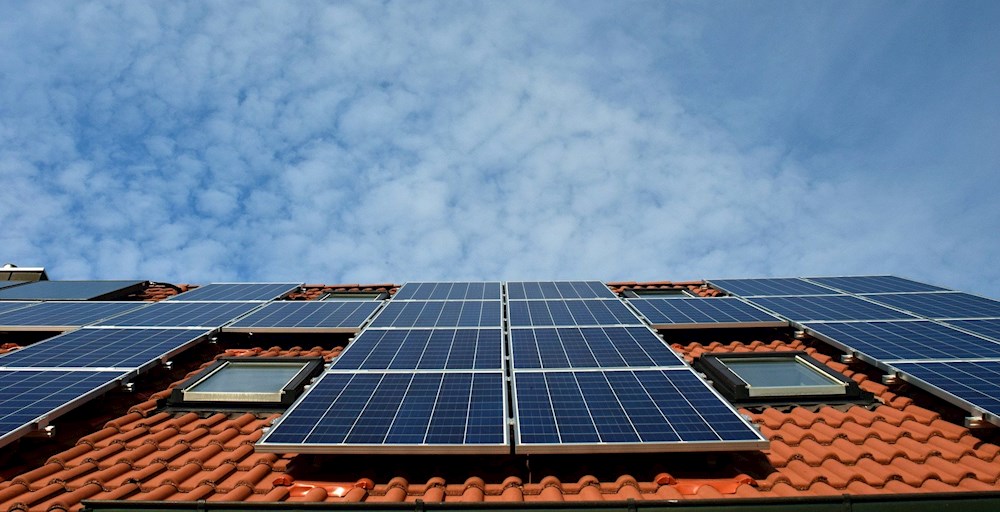Cost of making home energy neutral
Energy neutral, a word that was definitely not in any Dutch dictionary a few years ago. But what is meant by energy neutral? And what exactly is an energy-neutral house? And how can a house be made energy neutral? What does it cost to make the house energy neutral? Who can you best hire to make your home energy neutral? We would like to answer these questions in this article. Read on quickly and take advantage of it.
What is meant by an energy-neutral home?
When the energy consumption of a home or (office) building reaches zero on an annual basis, it is considered energy neutral. As much energy is then generated as is consumed. The energy is self-generated from renewable sources such as solar energy and using solar panels. As a result, the energy meter is zero after a year. This is why a zero energy house is also called a "zero-to-the-meter house".
What is the difference between an energy-neutral home and a self-sufficient home?
A zero-energy house is connected to an energy grid, unlike a self-sufficient house, where the generated energy is stored in an (expensive) generator or a battery. Although self-sufficient homes are currently less popular than energy-neutral homes, this is expected to change over time. The advantage of an energy-neutral house is that it can easily be converted into a self-sufficient home.
Here's how to make your home energy neutral
We won't beat around the bush, having a home made energy neutral often requires a major renovation in addition to a hefty investment. In any case, carry out the steps below in the order described below.
Insulation
The less heat that escapes from a house, the less energy is needed to heat it up again. Therefore, good insulation is essential for an energy-neutral home. Seams and cracks should be sealed and floors, walls and roof should be insulated. This contributes to comfortable living. A warm house in winter and a cool house during the summer months.
Ventilation
A well-insulated house means that warm air can no longer escape, but also that fresh air can no longer flow into the house. However, that fresh air is important for a healthy indoor climate. Therefore, good and sufficient ventilation is important. A ventilation system takes care of this. When you choose a ventilation system with heat recovery, the heat from the polluted air is reused. This in turn heats the new fresh air, so you use less energy.
HR++ glass
By installing HR+++ glass, your home maintains a comfortable temperature more easily. This in turn requires less electricity.
